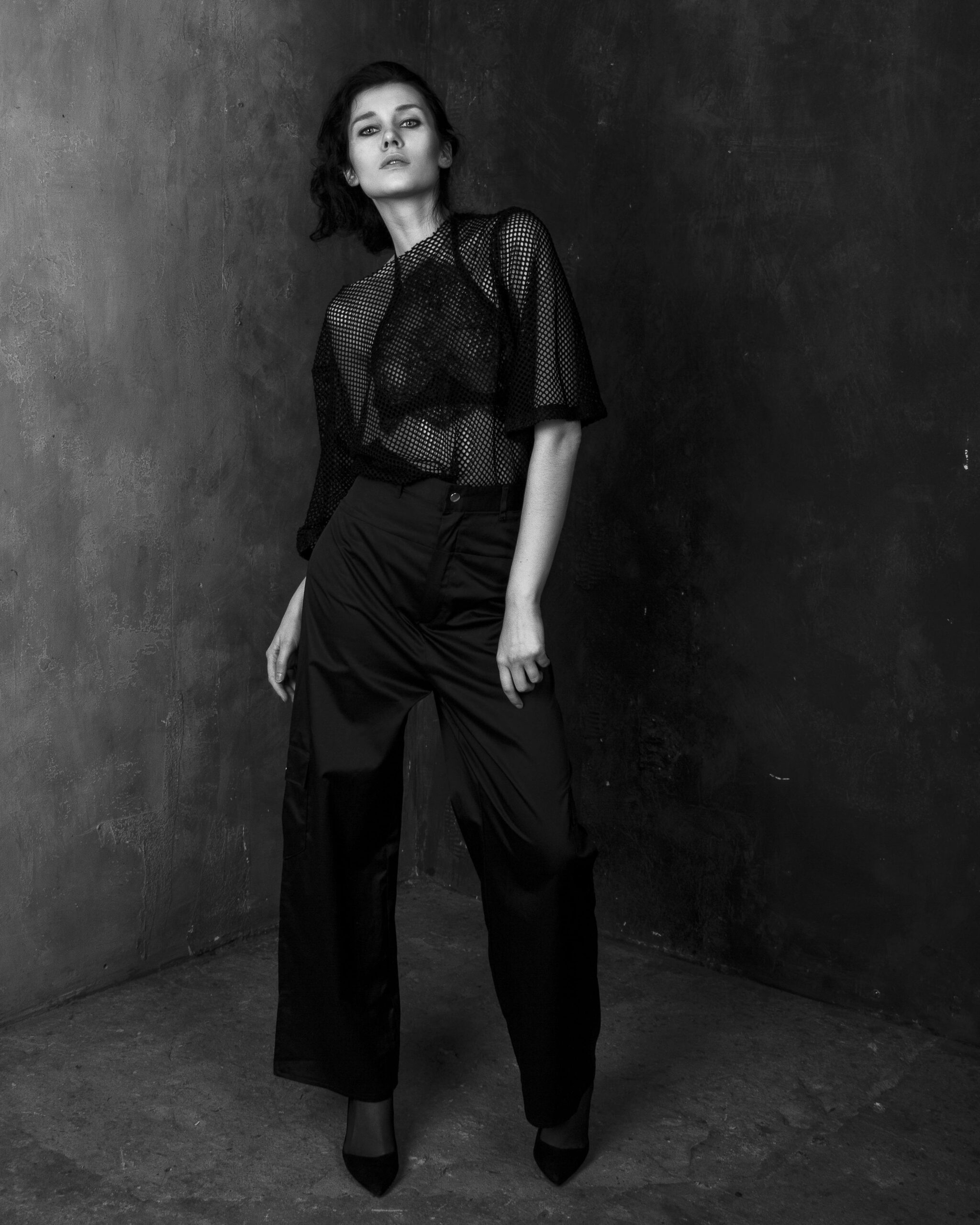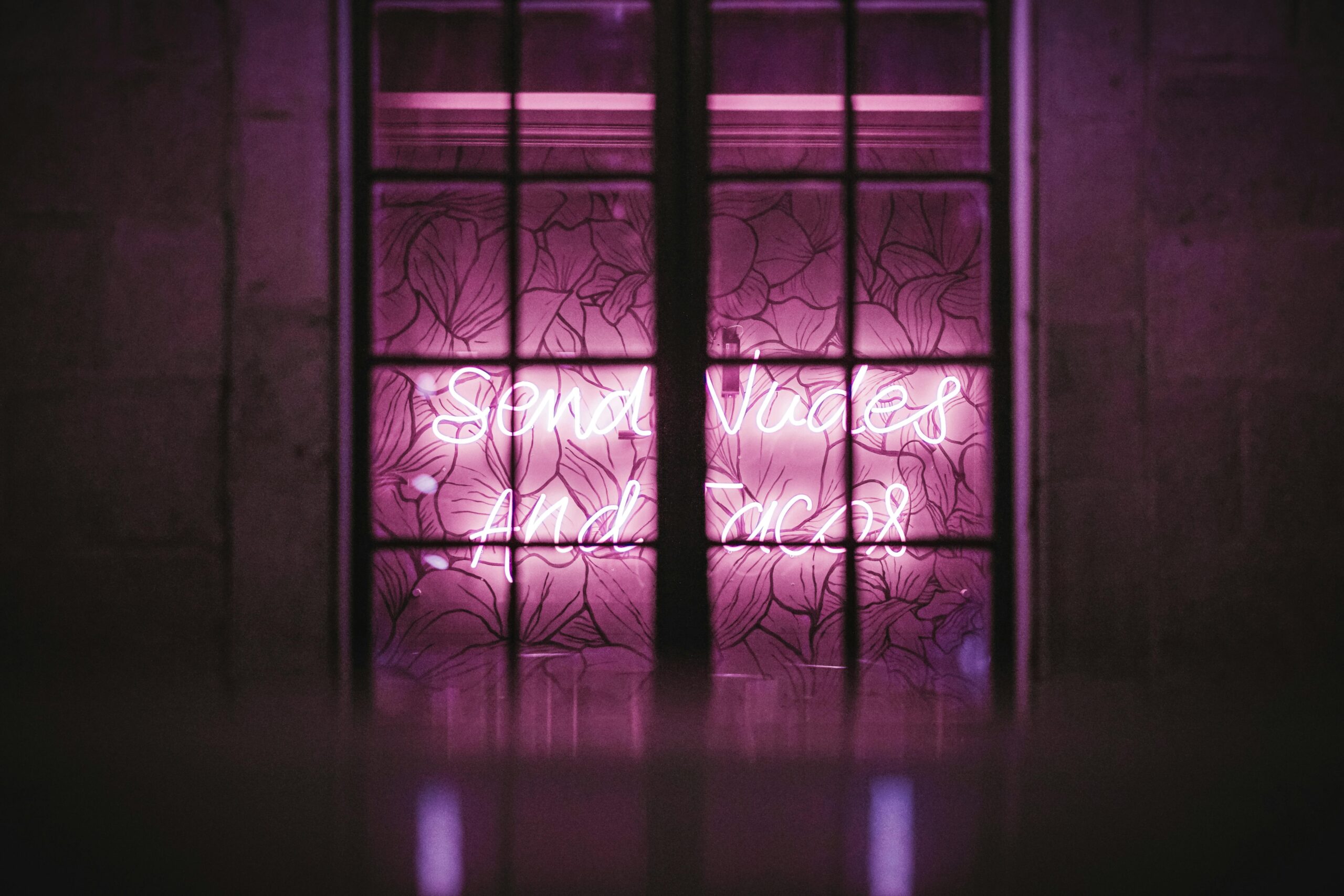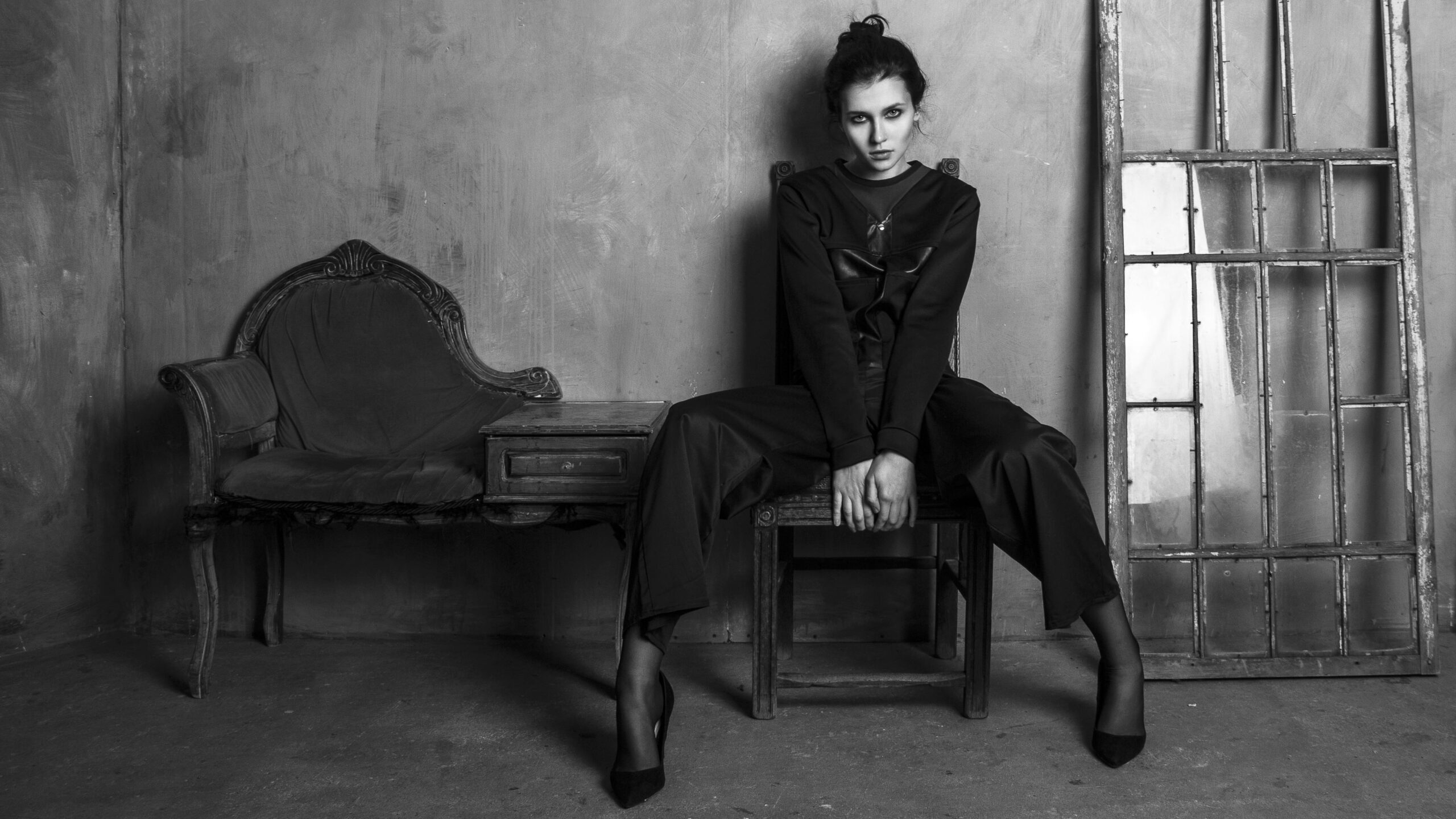Luxury branding isn’t just about visuals — it’s about perception.
In the high-end service space, the psychology behind your brand determines whether your audience sees you as an expert… or as an equal. It shapes how clients interpret your value before you ever speak a word. And when you understand the psychological triggers that define luxury perception, you stop trying to “look high-end” and start being experienced that way.
Luxury Branding Is a Psychological Strategy, Not a Design Choice
Most entrepreneurs assume luxury branding is about fonts, color palettes, or price points. But true luxury operates at a deeper level: it’s built on psychological principles — exclusivity, anticipation, scarcity, status, and self-identification.
Luxury isn’t about excess; it’s about meaning. It’s about the client’s internal experience of belonging to something elevated.
As Vogue Business explored in its article discussing emotional intelligence in brand storytelling, the most desirable brands don’t manipulate desire — they mirror it. They understand that clients invest in identity, not information.
For service-based founders, that means your brand has to do more than “look” premium — it must feel psychologically aligned with the transformation you provide.
The Five Psychological Triggers Behind Luxury Branding
1. Exclusivity
Luxury clients are not motivated by availability — they’re motivated by access. Your brand must communicate boundaries, selectivity, and precision. Saying less creates intrigue.
2. Anticipation
Luxury experiences thrive on delayed gratification. When your client journey builds tension — through carefully paced storytelling, waitlists, or intentional pre-launches — you tap into the psychology of desire.
3. Status
High-net-worth clients are not buying your service; they’re buying what it signals about them. The way your brand moves, communicates, and delivers becomes a mirror for your client’s aspirational self-image.
4. Scarcity
The fewer opportunities there are to work with you, the higher the perceived value. This isn’t a gimmick — it’s behavioral economics. Scarcity activates the “loss aversion” bias: people value what they might lose more than what they can easily gain.
5. Self-Identification
The most powerful luxury brands don’t chase audiences — they create belonging. Your brand narrative should make your ideal clients see themselves inside your story. That sense of identity alignment is what creates loyalty long after a transaction.
Applying Luxury Psychology to a Service-Based Brand
If you’re a coach, consultant, or creative service provider, your audience’s perception of luxury will come from psychological cues — not loud declarations.
- Your pricing should reflect positioning, not desperation.
- Your visuals should evoke serenity and control, not excess.
- Your messaging should feel like insight, not persuasion.
This is the psychology of earned trust. Clients will assume your level of expertise based on the way your brand behaves — its tone, spacing, rhythm, and energy.
In our High-Ticket Signature Program, we help founders reframe their brands using these exact principles — turning undervalued expertise into premium positioning. It’s not about “acting luxury.” It’s about operating from authority, clarity, and confidence that clients can feel instantly. Explore the Signature Program →
Why “Looking Expensive” Isn’t Enough
You can hire the best designer in the world, but if your brand psychology is off — if your tone feels uncertain or your copy screams scarcity — clients will feel the dissonance.
The human brain processes brand trust in milliseconds. Every decision — from typography to tone of voice — either reinforces your authority or erodes it.
That’s why your brand needs a cohesive internal logic — what we call invisible architecture. The way you move through the market tells a subconscious story of confidence, elegance, and discipline.
Our Website Template Shop was designed for exactly this reason. Each template is structured using editorial composition and visual psychology to create immediate trust, credibility, and desire. Explore the Template Shop →
The Takeaway
Luxury branding isn’t about projecting wealth. It’s about embodying mastery.
When your brand speaks with calm precision, when your visuals exude quiet confidence, and when your offer structure mirrors psychological principles of value — clients don’t question your price. They aspire to it.
That’s the psychology of luxury branding: not louder, but truer. Not more, but enough.




Share to: